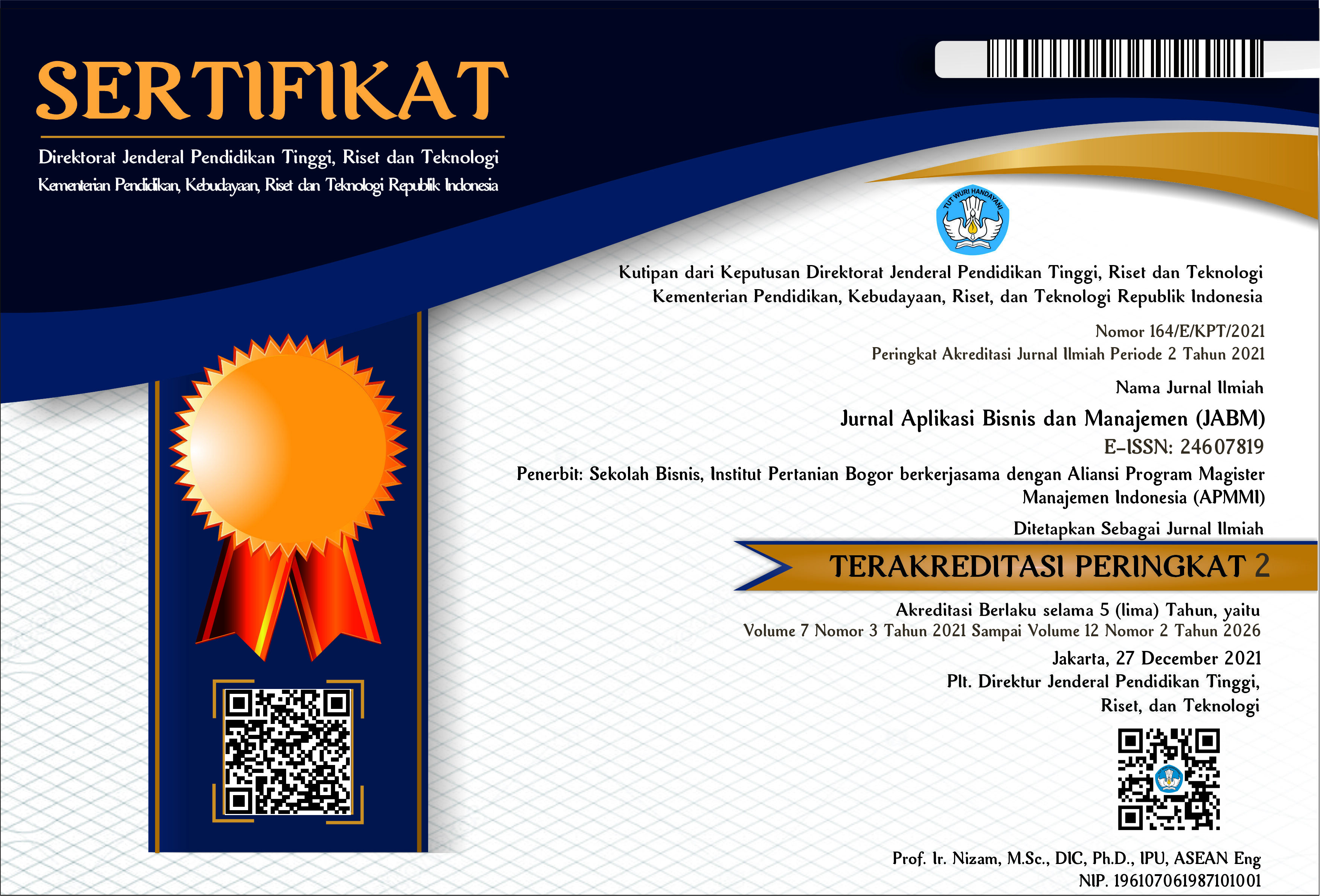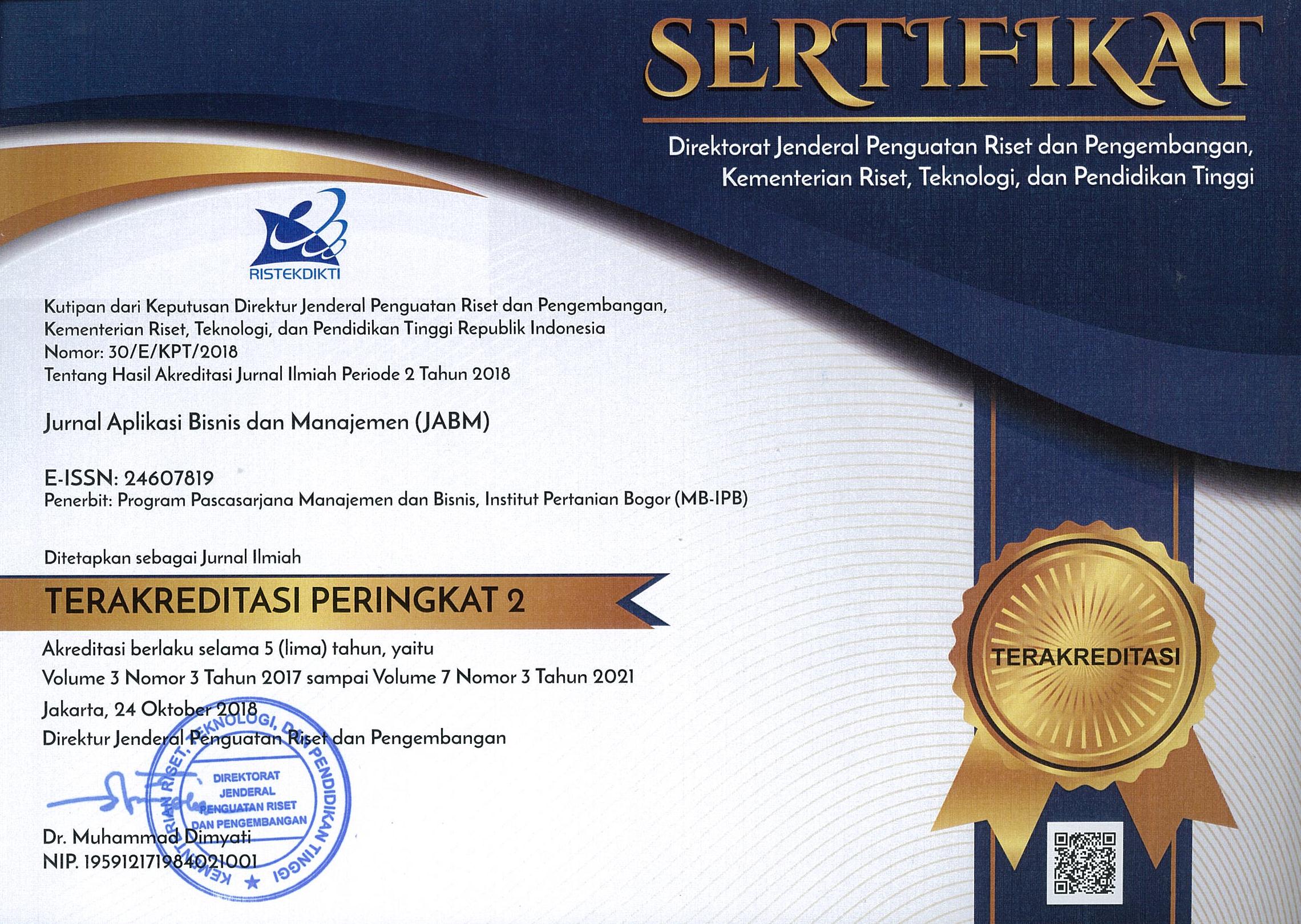Pengaruh Gaya Kepemimpinan Situasional, Motivasi dan Kompensasi Terhadap Produktivitas Kerja Karyawan
The Influence of Situational Leadership Style, Motivation and Compensation on Employee Work Productivity
Abstract
Background: The competition in the business world is so tight, but the development of manufacturing companies that are increasingly showing that the positive trend is related to the role of leaders who are figures who regulate the company's operational system. HR work productivity will increase through the implementation of the impact program of leadership style, appropriate compensation.
Purpose: The research examines the impact of situational leadership style, motivation, compensation on employee productivity in the Kudus Wood Manufacturing Industry.
Design/methodology/approach: Using quantitative methods. Data were collected using online questionnaires to production employees. Sampling with Accidental Sampling, obtained 86 respondents using the Slovin method. Data analysis was assisted by IBM SPSS and the analysis was carried out with tests: validity, reliability, classical assumptions, linear regression, coefficient of determination.
Findings/Result: The results show that situational leadership style, motivation, compensation have a significant effect on employee work productivity in the Kudus Wood Manufacturing Industry.
Conclusion: These findings can be a reference in making policies for companies to increase compensation so that work productivity increases.
Originality/value (State of the art): This study helps organizations understand the importance of adapting leadership styles to suit employee needs in order to increase productivity. In addition, it provides insight into how effective motivational strategies, such as recognition, responsibility, and career development opportunities, can increase productivity. Furthermore, the study shows that not only financial compensation, but also non-financial forms of compensation (such as benefits, time off, and work flexibility) have a significant impact.
Keywords: situational leadership, work productivity, appropriate compensation, employee productivity, timber industry kudus







